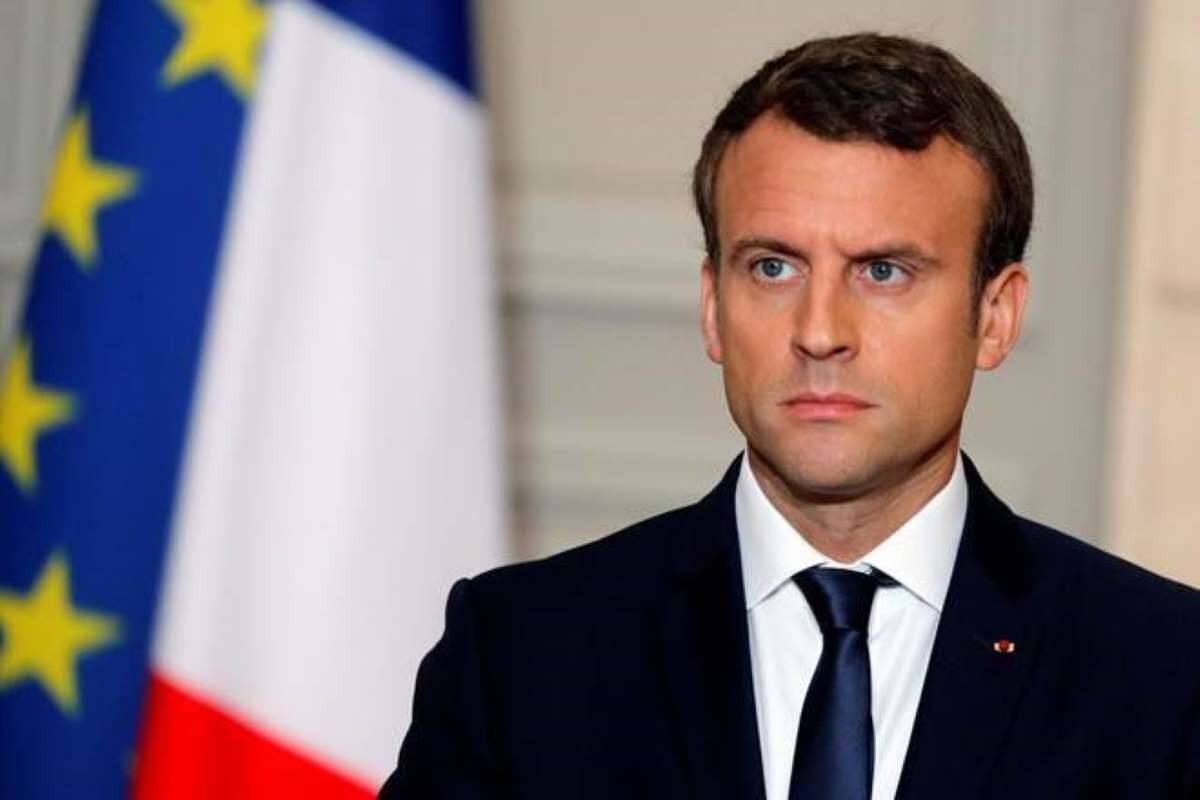During a visit to Paris last month, U.S. Secretary of State Mike Pompeo made clear that Washington was unhappy with France’s strategy to help resolve the economic and political crisis in Lebanon.
French President Emmanuel Macron has been spearheading international efforts to rescue the former French protectorate from its deepest crisis since the 1975-1990 civil war. He has travelled twice to Lebanon since a huge explosion at Beirut port in August devastated the city.
Macron is trying to use Paris’ historical influence in the former French protectorate to persuade squabbling Lebanese politicians to adopt a roadmap and form a new government tasked with rooting out corruption, a prerequisite for international donors including the IMF to unlock billions of dollars in aid.
He had been due to return for a third visit on Dec. 22, but postponed the trip on Thursday after testing positive for coronavirus. An official involved in organising the visit said he may speak by phone to Lebanese President Michel Aoun but there were no other plans for now.
The 42-year-old leader has from the outset faced the inertia of Lebanon’s fractious political class, which has bickered and ignored international warnings of state bankruptcy, as well as resistance to his plans from Washington.
“The Lebanese political class is stuck in its own contradictions and is happy to play the clock,” said Nadim Khoury at the Arab Reform Initiative.
“(Prime Minister-designate) Saad al-Hariri is not able to form a government and internationally the U.S. will not facilitate French efforts to form a government.”
The U.S. objection to Macron’s plan is centred on Hezbollah, the Iranian-backed armed movement that wields enormous power in Lebanon and which Washington brands a terrorist group. Hariri, a former prime minister, was given the task of forming a government after Mustapha Adib resigned in September. He is so far struggling to cobble together a cabinet to share power with all Lebanese parties, including Hezbollah.
Paris was not initially keen for Hariri to take up the role, having previously failed to implement reforms, three French officials said. But given the lack of progress in forming a credible government, Macron did not oppose the nomination.
France says Hezbollah’s elected arm has a legitimate political role.
The U.S. has already imposed sanctions on three leading politicians allied to Hezbollah. During a dinner in Paris last month with eight ambassadors, including from Europe, Pompeo made clear more measures would follow if Hezbollah were part of the government, according to two people with knowledge of his visit.
The stalemate has important ramifications for all sides.
REUTERS

